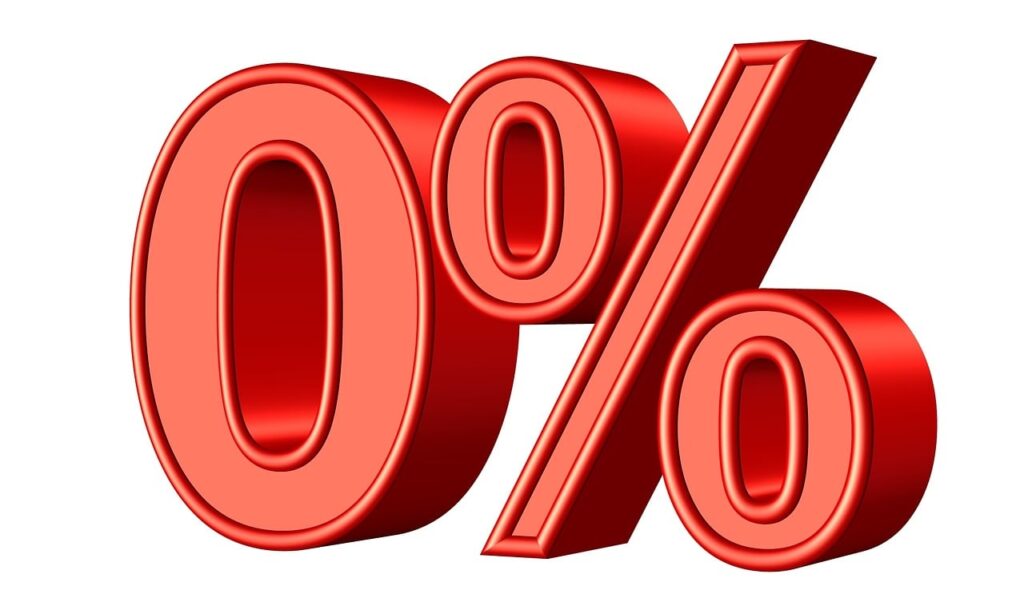
I recently wrote about why ghostwriters don’t work on spec. It’s also true that ghostwriters don’t usually take a percentage of an author’s advance, sales or profits on the books they ghostwrite.
Just like in my previous post, one reason comes down to money. Ghostwriters want to get paid. They want to guarantee the revenue. They want to perform the work and get paid for it, simple as that. They don’t need to be burdened (or tempted) by making deals for illusionary additional riches.
According to Lee Ballentine, between one in 100 and one in 1,000 published books end up being profitable. That’s between 1% and .1%. “But it is pretty clear that, taking the long view, book publishing is much more about knowledge and ideas and creativity than it is about profit,” Ballentine wrote on Quora.
Ghostwriters don’t like those odds. Working for hire is a better (and more honest) way to go, and John Parsons, a Seattle-based ghostwriter, knows it. He told me he treats offers or percentages as warning signs.
“It’s a sign the author’s not confident in his work,” Parsons said. “If he’s asking for royalties in lieu of service…he doesn’t value you as a writer because he’s trying to get something for nothing.”
My very first ghostwriting job, in which I told the story of the Philadelphia-area schoolteacher who overcame a mysterious heart defect in May 2010 and recovered fast enough to start the next semester on time, involved two fee components: a set payment to paid after I reached various benchmarks, and a percentage of sales in the first year of publication.
I got my full fee; the percentage, however, never happened because the author discovered that publishing is a very expensive proposition, so the manuscript never saw the light of day. Last I heard, it sits on his desk as a family history.
A percentage of nothing is still nothing.
I found a Reddit string in which someone asked, “Do ghostwriters typically receive percentage of profits from the book, or are they paid a flat fee?”
Everybody who responded said “flat fee” or “fee per word.” One person provided a link to the Editorial Freelancers Association’s editorial rates. There was a chart that showed the rates per word, per hour, per page, and a flat fee. There was no chart that showed “recommended percentage” or anything to that effect.
Furthermore, an article in Publishers Weekly said that “some can, and do, demand a percentage of the advance, and/or books sales, but…this is less common.”
The Reedsy blog says that if ghostwriters work royalties into their contracts, they typically get between 8% to 50%, depending on negotiations. But it recommends only doing it in addition to a set fee. “(I)ncome from royalties won’t be as stable,” the authors wrote.
Since working with a ghostwriter is less taboo and more commonly known, recognized, and appreciated, there are ways ghostwriters can still get credited in addition to getting paid.
Reedsy says the ghostwriter’s name is often on the cover or copyright page after the author’s name. The name usually follow with or and, although later editions of The Autobiography of Malcolm X credit Alex Haley on the cover.
Other ways includes thanking the ghostwriter in the introduction, foreword, or acknowledgements; and writing a testimonial that the ghostwriter can use.
In addition to a fee, my standard contract includes the thank-you, the testimonial, and the right to use the book title, cover (including artwork) and text in my marketing and promotional materials. Having my name on the cover is not standard; sometimes I want it, sometimes I don’t, sometimes I don’t care either way.
But I never include percentages.
If you would like to discuss this or any other post, feel free to leave a message. I’m also happy to discuss how hiring me as your ghostwriter in Kansas City could be beneficial for your project. Just click on the Contact tab and use the provided form.
Let's Start A New Project Together
Contact me and we can explore how a ghostwriter or editor can benefit you.
